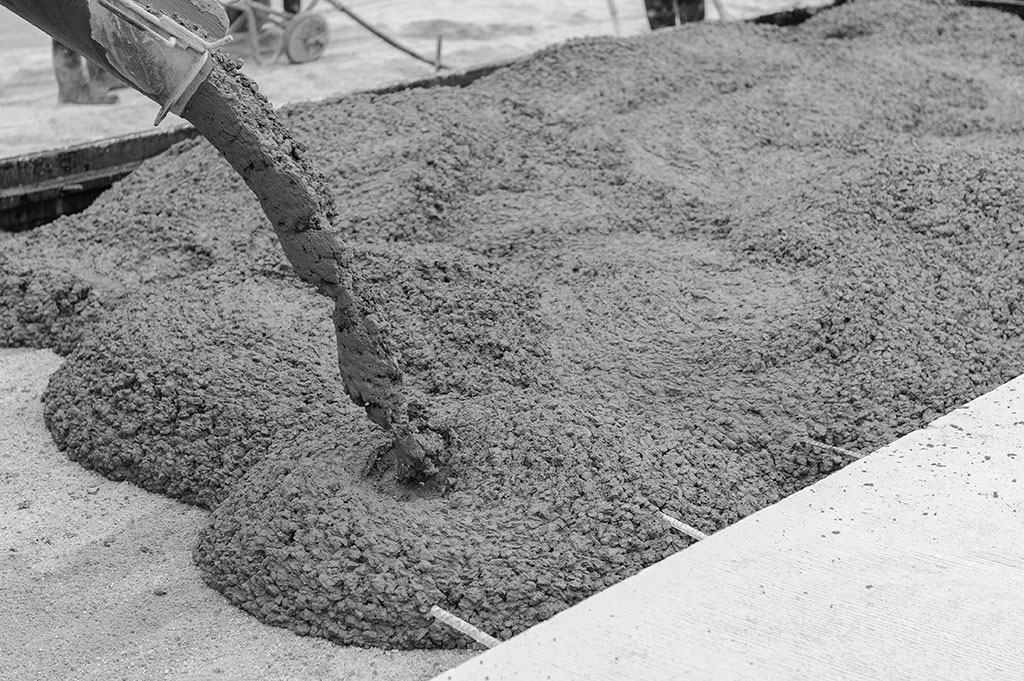Experienced Concrete Professionals: Relied On for Top Quality and Efficiency
Experienced Concrete Professionals: Relied On for Top Quality and Efficiency
Blog Article
Introducing the Eco-Friendly Advantages of Making Use Of Recycled Concrete in Sustainable Building Practices
In the realm of lasting construction methods, the utilization of recycled concrete stands as an essential yet frequently underestimated source. Beyond its standard applications, recycled concrete deals a myriad of green advantages that prolong far beyond the boundaries of traditional building products.
Ecological Benefits
Undoubtedly, one of the most substantial advantages of utilizing recycled concrete is its favorable influence on the atmosphere. By including recycled concrete right into building practices, there is a significant decrease in the requirement for brand-new raw materials, leading to conservation of natural deposits. This process assists in protecting aggregates, water, and energy that would have been made use of in generating new concrete. In addition, using recycled concrete diminishes the quantity of waste being sent out to landfills, therefore minimizing ecological air pollution and easing the strain on land fill capacities.
:max_bytes(150000):strip_icc()/in-depth-look-at-concrete-flooring-1314684-02-8fdb599f92a747ed94ef5b96110abfc1.jpg)
In contrast, recycled concrete has a lower carbon impact as it reduces the demand for new concrete manufacturing. In general, the ecological advantages of utilizing recycled concrete are substantial and play a crucial duty in promoting environmentally friendly building and construction methods.
Cost-Efficiency
Achieving cost-efficiency is a paramount factor to consider when examining the usage of recycled concrete in building and construction jobs. One of the vital benefits of utilizing recycled concrete is its cost-effectiveness compared to typical concrete.
Furthermore, the use of recycled concrete can result in financial savings in garbage dump prices by diverting concrete waste from disposal sites. This not just decreases the environmental effect however likewise removes the prices associated with waste removal. In addition, the durability and performance of recycled concrete approach conventional concrete, guaranteeing that cost financial savings do not jeopardize the quality of the construction.
Durability and Stamina
Considering the considerable cost-efficiency benefits of using recycled concrete, it is crucial to examine its resilience and stamina in building and construction applications. Recycled concrete offers comparable, if not remarkable, sturdiness and stamina buildings to standard concrete. With developments in processing techniques and quality control, recycled concrete can meet or go beyond the efficiency standards of standard concrete. The procedure of recycling concrete includes crushing, sorting, and evaluating old concrete to create aggregates that can be made use of in new Continued construction projects. These recycled accumulations are capable of providing satisfactory compressive strength, resilience, and lasting efficiency.

Waste Decrease
When it comes to utilizing recycled concrete, waste reduction is a crucial advantage that contributes substantially to ecological preservation. By incorporating recycled concrete right into building tasks, this waste is repurposed and diverted from land fills, lowering the total environmental impact of building activities.
Furthermore, the usage of recycled concrete can lead to set you back savings for construction jobs, as it is frequently more economical than sourcing and transporting brand-new materials - Concrete. In final thought, waste reduction via the utilization of recycled concrete is a crucial part of sustainable building techniques that benefits both the construction and the setting industry as a whole.
Power Conservation
Energy preservation is an important facet of sustainable building practices, aiming to decrease the total power intake related to structure operations and products manufacturing. Significant energy cost savings are accomplished contrasted to typical concrete manufacturing when it comes to utilizing recycled concrete in building and construction. The procedure of creating recycled concrete includes squashing and recycling useful source existing concrete materials, which consumes much less energy than mining, processing, and transferring basic materials for brand-new concrete production. Furthermore, using recycled concrete can help decrease the need for virgin aggregate, more minimizing the energy-intensive extraction and processing of natural deposits.
Verdict
To conclude, the use of recycled concrete in sustainable construction techniques offers countless environmental benefits, cost-efficiency, durability, stamina, waste reduction, and energy preservation. By including recycled concrete into building jobs, we can add to a more sustainable and ecologically pleasant future. It is necessary for the building and construction sector to prioritize making use of recycled products to help in reducing the ecological effect of construction activities.
One of the crucial advantages of using recycled concrete is its cost-effectiveness contrasted to typical concrete.Furthermore, the use of recycled concrete can lead to financial savings in landfill prices by diverting concrete waste from disposal sites. The longevity and efficiency of recycled concrete are equivalent to conventional concrete, making sure that price financial savings do get more not endanger the high quality of the construction.

Report this page